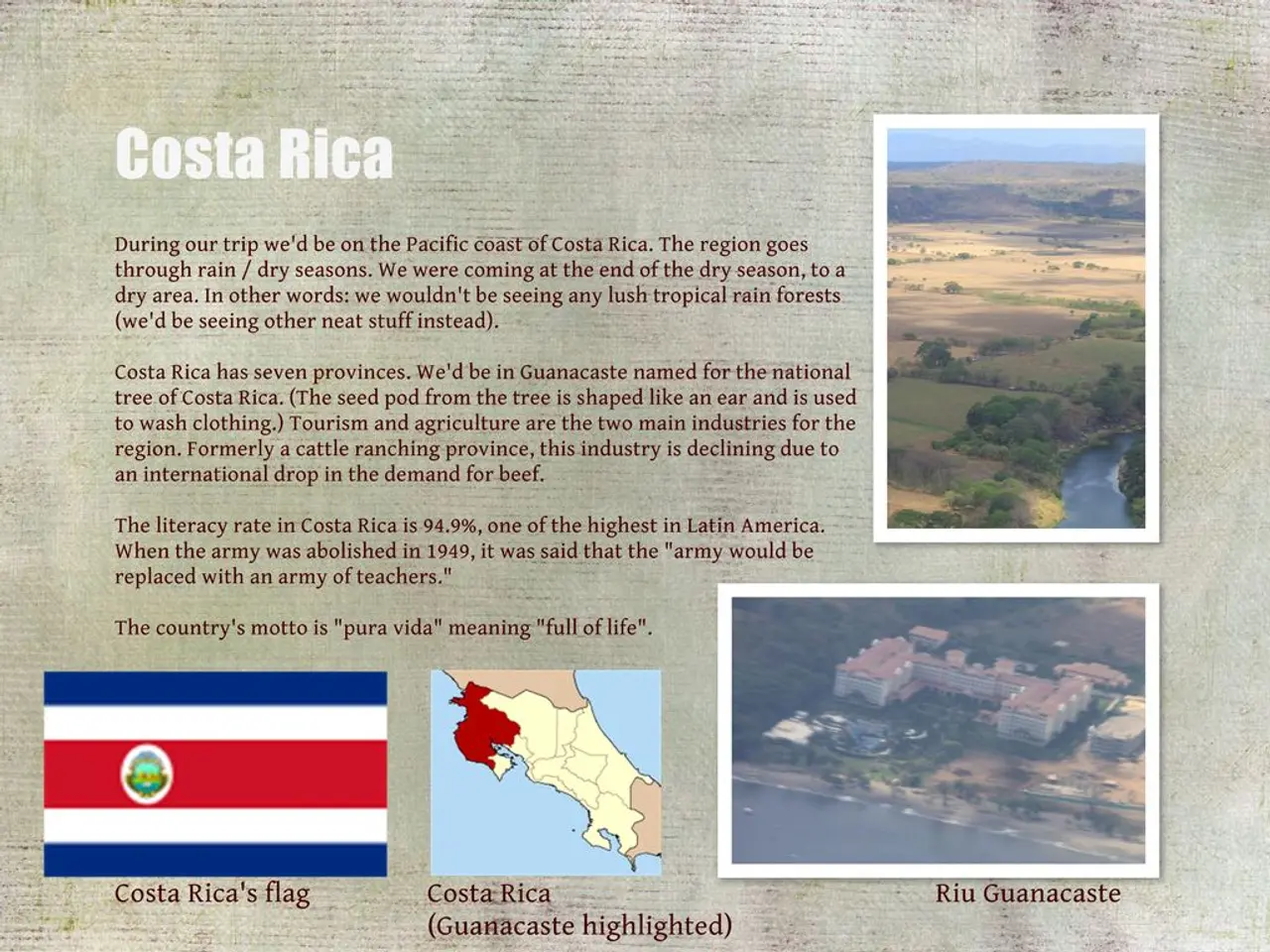Dichotomy Between Optimist and Authoritarian?
In a controversial move, El Salvador's constitutional reform, proposed by President Nayib Bukele, was passed by the country's lawmakers on Thursday. The reform has extended the presidential term from five to six years and eliminated all restrictions on presidential re-election, allowing President Bukele to seek office indefinitely.
The reforms, which were passed overwhelmingly by Bukele's party in the Legislative Assembly, allow for re-election "without reservations," overcoming previous constitutional bans on consecutive presidential terms. Bukele, who took office in 2019 and was re-elected in 2024, benefits directly from these changes as they consolidate his hold on power by permitting indefinite re-election and lengthening his term.
One of the most significant changes brought about by the reform is the abolition of the second electoral round. This means that the presidency can now be won by a simple majority without requiring more than 50% of the vote. However, this modification has been criticized by opposition members as undermining democracy, especially given its swift passage during a politically sensitive period.
The opposition, in fact, voted against the reform, with only three opposition members voting in favour. The constitutional reform does not specify a limit on the number of terms a president can serve in El Salvador.
The changes to the constitution also abolish the second round of elections in El Salvador. This means that a presidential candidate can now win the election in the first round with a simple majority, rather than needing a majority in a runoff election.
In summary, the reform fundamentally alters El Salvador’s presidential term limits and election process by:
- Extending terms to six years (from five)
- Removing all presidential re-election limits, allowing indefinite terms
- Abolishing the runoff election, making a simple majority sufficient to win
The constitutional reform in El Salvador has not been met with unanimous approval, as indicated by the opposition's vote against it. The opposition members have expressed concerns about the potential erosion of democracy in the country, given the rapid changes to the constitution and the consolidation of power in the hands of one individual.
The constitutional reform in El Salvador, which was passed by the Legislative Assembly, has significantly altered the country's policy-and-legislation and politics by extending the presidential term from five to six years, removing all presidential re-election limits, and abolishing the second round of elections. These changes, which have faced criticism from opposition members as potentially eroding democracy, have been controversial in the general-news landscape.






